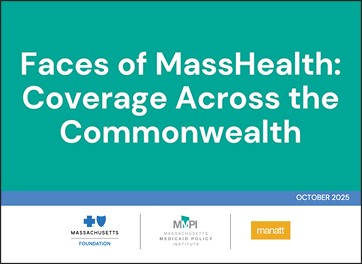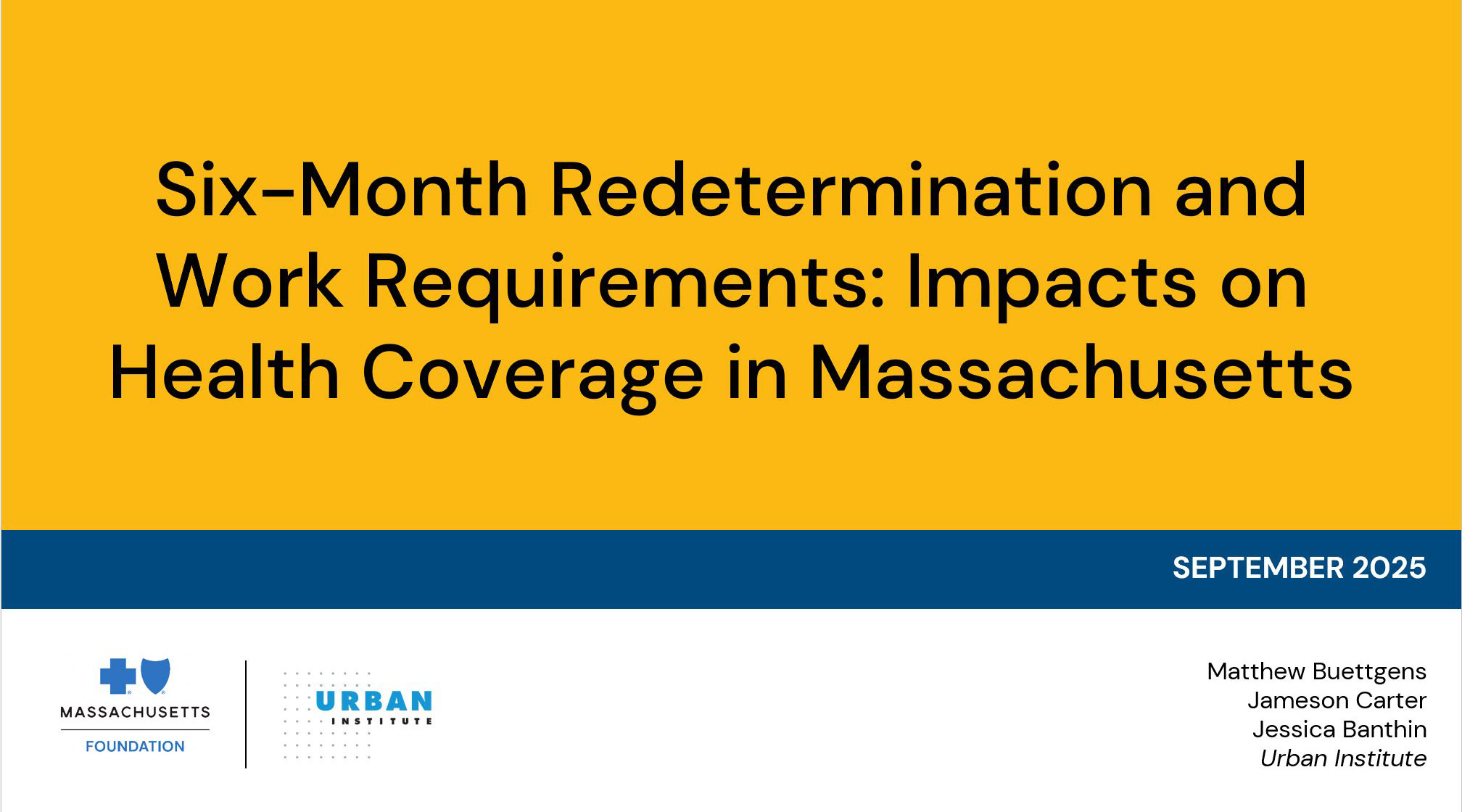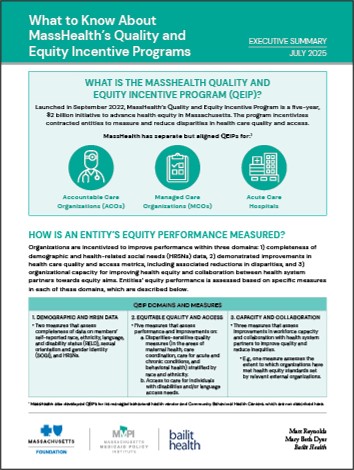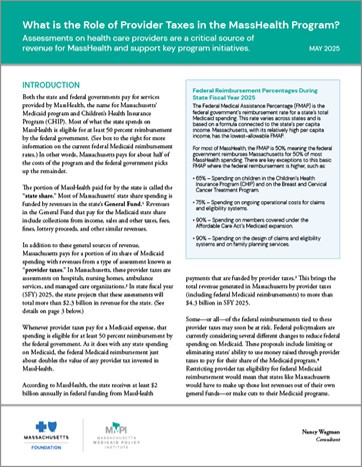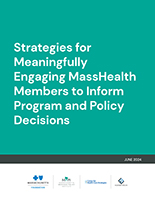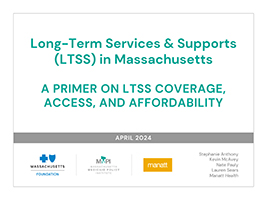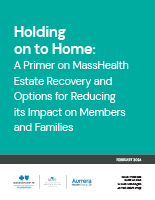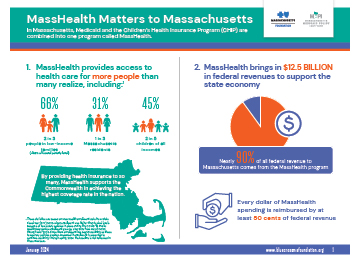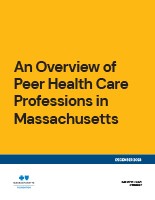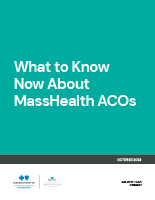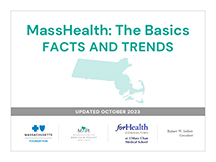MassHealth: The Basics – Facts and Trends (October 2025)
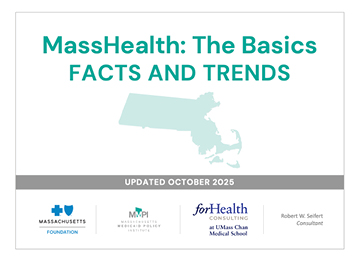
In July 2025, Congress enacted the “One Big Beautiful Bill” Act, known as OB3, which changes federal Medicaid law and will significantly impact MassHealth coverage and financing over the coming years. Given these looming changes, it is more important than ever to understand the MassHealth program, including who it serves, how it’s financed, and how the program is set up for members to access comprehensive care.
This UPDATED (October 2025) edition of the MassHealth: The Basics chart pack provides new data on MassHealth enrollment and spending from the most recent state fiscal years available. The chart pack features a high-level overview of the health care delivery systems that serve MassHealth members. It also highlights some of MassHealth’s latest reform efforts and provides a summary of recent changes to federal Medicaid law.
The chart pack provides comprehensive yet accessible data and information to help policymakers, administrators, advocates, and academics better understand the complex MassHealth program. It is made available in PDF and PowerPoint formats to facilitate its use in presentations.
Interested in learning more about the MassHealth program? Join us on Thursday, November 13th from 12:00 - 1:00 PM for a webinar that will review key facts and data about MassHealth eligibility, benefits and delivery systems, costs, and recent reforms. Click here to register for the webinar.

